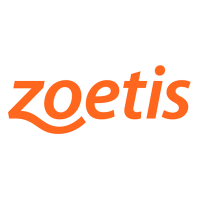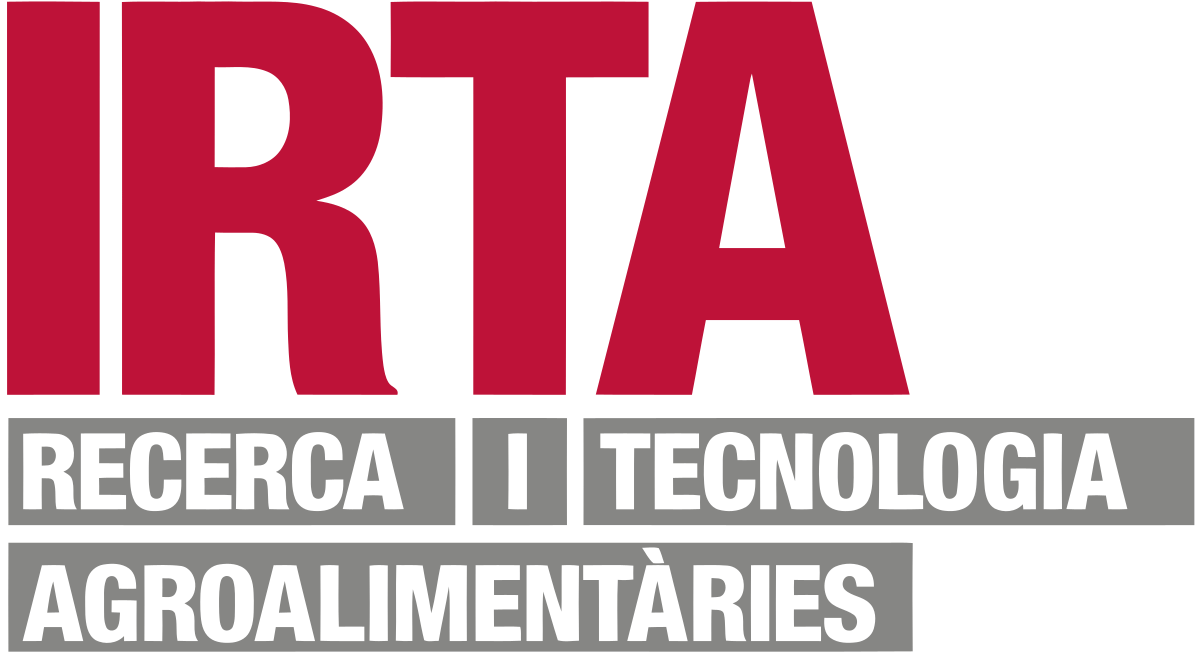Descripció del projecte
Porcine circovirus 3 (PCV-3) was described in the United States for the first time 4 years ago, apparently associated with cases of reproductive failure and porcine dermatitis and nephropathy syndrome. The virus was detected by means of metagenomics, but it has not been yet isolated in cell culture. Since then, the virus has been found elsewhere in the world, infecting pigs and wild boar. PCV-3 belongs to the family Circoviridae, genus Circovirus, which comprises one of the most devastating pig pathogens known, porcine circovirus 2 (PCV-2). Although the current knowledge on PCV-3 is scarce, it has been found in swine suffering from different pathological conditions as well as in healthy animals. Moreover, the research group at IRTA-CReSA has been the first group in Spain showing evidence of infection of this virus in domestic pig and wild boar, and one of the first groups in the world showing the retrospective existence of the virus swine back in 1990s. However, to date, most of the studies have been conducted by means of molecular biology methods since there are no available serological tools. This lack of laboratory techniques has jeopardized significantly the progress of the research performed with this newly described virus of pigs.
Importantly, the IRTA-CReSA research group counts with a National research project (funded by the Instituto Nacional de Investigación y Tecnología Agraria y Alimentaria) to work with this emerging virus of pigs, in which several epidemiological studies have been so far conducted. Moreover, the research group at IRTA-CReSA has been working with porcine circoviruses in the last 22 years, with many partners across Europe (including Zoetis), and nowadays has a strong collaboration with researchers at the University of Padova (Italy) for the specific purpose of PCV-3. On the other hand, Zoetis is a is one of the world’s largest producer of medicine and vaccine products for pets and livestock, and one of the few companies worldwide commercializing a vaccine against PCV-2. Zoetis is focused on continuously innovating to develop animal health solutions that meet the needs of those who raise and care for animals, and it is compulsory to be aware about new potential emerging diseases and infections affecting livestock and, particularly, swine.
Taking into account the so far limited existence of diagnostic reagents and the lack of an experimental model for this infection, the objective of the present industrial doctorate proposal is to develop laboratory tools to work with this emerging virus and elucidate the potential pathogenic role of PCV-3 in pigs. The production of a virus isolate or an infectious clone will be the first step in order to generate a viral inoculum that will be subsequently inoculated by different routes to naïve pigs. Animals will be selected by their negative PCR status against PCV-3 at a systemic level (tested in serum samples). The experimental infection in animals will help elucidating the pathogenic capabilities of the virus and to set an animal model for potential testing of vaccine prototypes. Moreover, although PCV-3 is genetically different from PCV-2, in vitro serological cross-reaction studies will be performed between both viruses. The specific expected outcomes of this industrial doctorate are to obtain a viral isolate of PCV-3 and a reproducible infection animal model.



